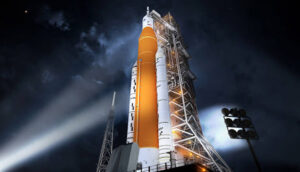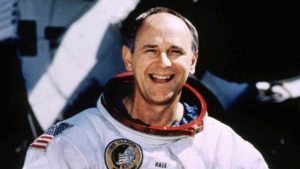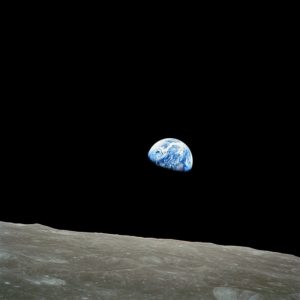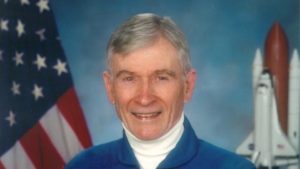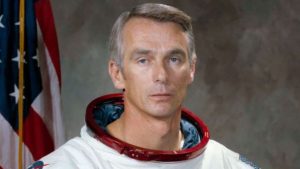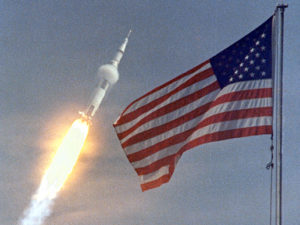It’s kind of like the way we used to react to news about space launches and, frankly, it feels good to this old goat.
NASA today postponed the launch of the Artemis I rocket planned for a moon mission. We have to wait now until Friday around noon before the space agency can send the world’s largest rocket into space and toward the moon.
Yes, I am filled with anticipation that is beginning to feel as I did when my dear Mom and I waited for hours on end for the Mercury astronauts and then the Gemini astronauts to launch from Cape Canaveral, Fla.
The Artemis I mission signals NASA’s return to a new space race. NASA wants to return to the moon before China sets foot on the surface. NASA administrator Bill Nelson has said he fears China could claim the entire lunar surface as Chinese territory. No can do, China.
Artemis I is meant as a test run for future manned landings on the moon, using it as a base from which NASA plans to launch manned flights to Mars. All of that news makes this one-time spaceflight junkie more anxious than I have felt in a long while.
I have supreme confidence that NASA will get Artemis I off the launch pad in due course. If not Friday, then the space agency will have to resolve the myriad issues that caused the postponement.
Americans last departed the moon 50 years ago. Every one of those Apollo launches caused my gut to tighten when the rocket engines ignited and the Saturn V missile roared off the pad.
To be sure, I am filled with anticipation of watching astronauts launching once again toward deep space travel.
I also am filled with a bit if wistfulness over Mom’s absence from this latest thrilling space adventure.
